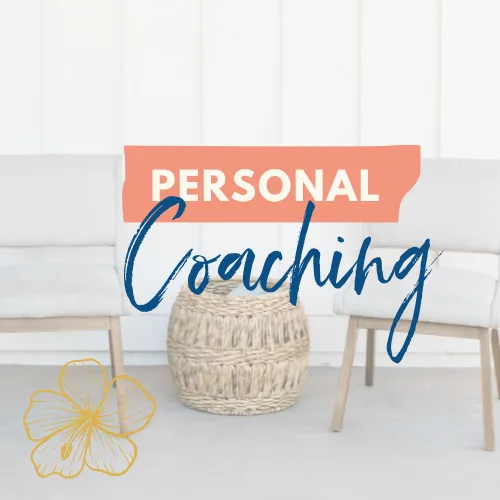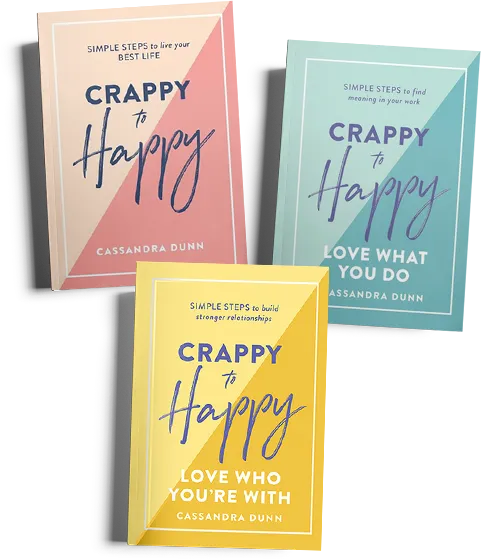Is self-doubt holding you back?
I specialise in helping people overcome imposter syndrome so they can achieve their fullest potential.
I've put together a FREE bundle of confidence boosting resources!
Want it? Just pop your details here and I'll send it straight to you.

'Beyond Confident' Coaching for Entrepreneurs
OPENING JANUARY 2026! FIND OUT MORE & BOOK A CALL


My Mission
I support ambitious & entrepreneurial individuals who struggle with self-doubt and imposter syndrome to cultivate genuine, lasting self-belief and self-trust so that they can achieve what they know deep down they are capable of.
Stop second guessing every decision and start backing yourself
Get out of the perfectionism / procrastination cycle
Overcome your resistance to visibility and self-promotion
Free yourself from the paralysis of overthinking
Trust in your vision and values to live a purpose-driven and meaningful life
Achieve the success you know you're capable of
These are all the ways I can help you achieve this...

NEW & UPDATED!
Group coaching program for entrepreneurs who struggle with self-doubt & self-sabotage. Inner healing work meets business strategy, with live coaching, community and a transformational learning pathway. Book a call to find out more!

Creating the self-confidence you want, overcoming self-sabotage or even just learning to manage your stress and cultivate inner peace is an ongoing process.
Find out more about coaching and book a call to see if it's the right fit for you.
I've published three books in the Crappy to Happy series

With a background in Positive Psychology and Coaching Psychology, I share what actually works when it comes to being happier in life, at work and in your relationships.
These books are small but mighty. Designed to be easy to read, no fluff or filler, no academic jargon... just real life, practical strategies to help you create a life that is more fulfilling and meaningful.
There's one for life in general, one for work and one for relationships (not just romantic relationships but friends and family too).
And an Audible Original on how to overcome imposter syndrome
Frustrated with the amount of limited, unhelpful advice available, I created an audiobook sharing my signature five-step framework for how to do the deeper work and achieve genuine, lasting change.
You can listen for free on Audible (grab a 30-day free trial if you're not already a subscriber).

Can we stay in touch?
Happiness + Confidence is what I'm about.
If that's of interest, I'd love you to join my mailing list!

London based coaching psychologist supporting creative entrepreneurs to overcome self-doubt and imposter syndrome.
Create unshakeable self-confidence.
Charge what you're worth.
Achieve what you know you're capable of.
Copyright 2026. Cass Dunn Coaching Psychology. All Rights Reserved.







